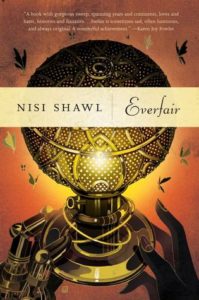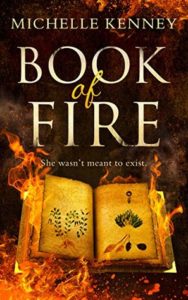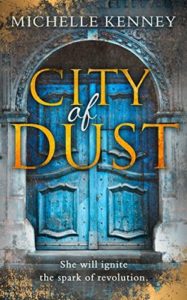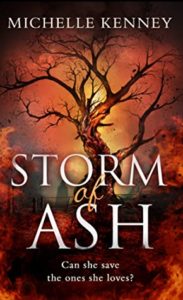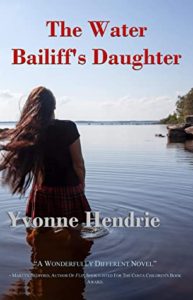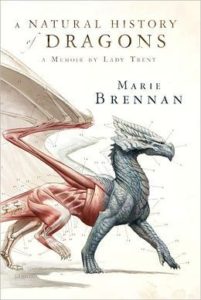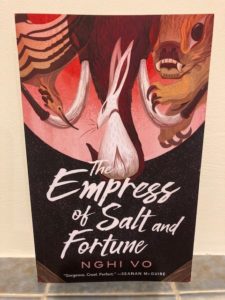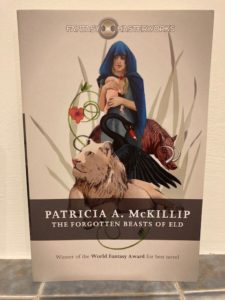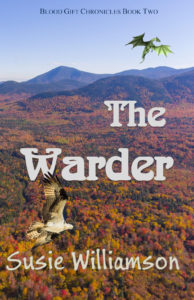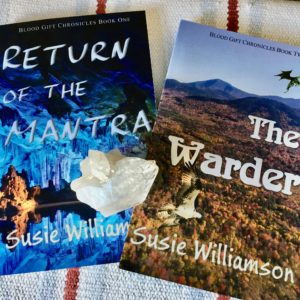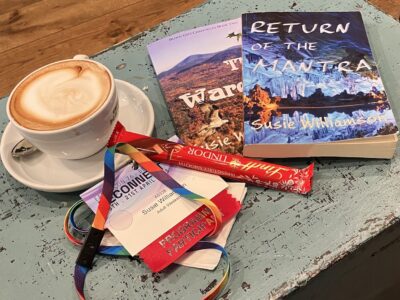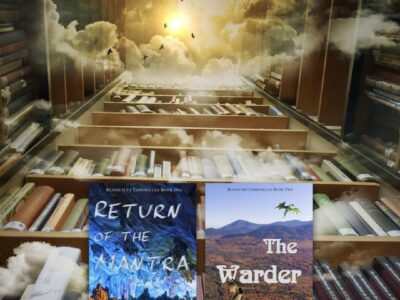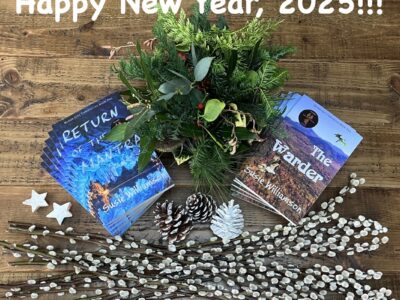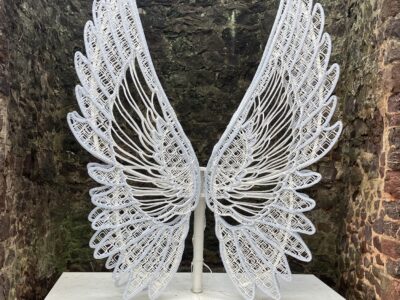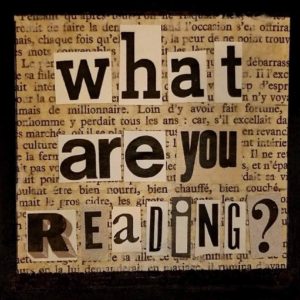
There’s a summer heatwave here in the UK, which begs the question of recommendations to while away sunny afternoons lounging in the sun, or taking shelter in the shade. I’ve gone for two epics, something to get your teeth into, both great reads in their own right.
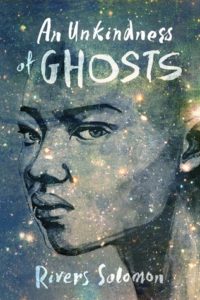
An Unkindness of Ghosts, by Rivers Solomon
For generations, World ship HSS Matilda has ferried the last of humanity through space to a mythical Promised Land. With a society organised like the antebellum South, led by brutal leaders, it is a system built on racism and misogyny, attacking the dignity of sharecroppers like Aster. While the ruling sovereign enjoy comfort in the upper decks, the lower class are effectively slaves, forced to occupy the uninhabitable lower decks. It is a story of survival, where brutal losses are not shied away from, making it at times a difficult read, but also an important one.
It is sci-fi, with a world that feels so real, driven by characters that reflect a range of human experiences, including neurodivergence, and representation of LGBTQ+ exploring sexuality and gender. The protagonist, Aster, is flawed, self-effacing, astonishingly courageous, with a huge heart and fierce hope despite what most would think are hopeless odds. I adored her. Each step of the way her journey is a lesson in working with what you’ve got, never giving up, appreciating that no matter what, there are always choices to be found. She actively looks for those choices, never stops fighting, never relents to the iron fist of the perpetrators. There’s so much depth in the writing, and in Aster’s character that it’s impossible not to root for her from the beginning. As the reader I found myself in her point of view, searching for the clues her mother left, cheering her on as she pieces together scraps of evidence, desperately hoping that she may find that infamous way off the ship. But first she must sow the seeds of civil war.
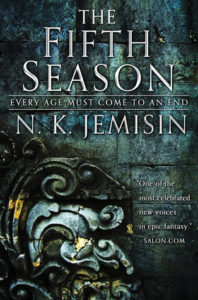
The Fifth Season, by N.K. Jemisin
The world is ending, again, for an unstable Earth where geological disasters lead to apocalyptic events that happen every hundred years or so; little wonder the population regard Earth as the enemy, and value survival above all else. This most recent apocalypse sees a great red rift tearing across the heart of the continent known as the Stillness, spewing ash that will darken the sky for years if not centuries. Against this deadly backdrop, a complex society exists, with various human races, and another sentient species, Orogenes, those with power over the earth itself. Orogenes are feared, hated and exploited by humans, since the Orogene’s powers are deadly, but they can also protect civilisations.
The story follows three distinct and haunting voices. Young Damaya is a powerful Orogene, kept locked away because of her dangerous curse. Syenite is so powerful she is able to raise an obelisk, something not seen in over 3000 years, exposing mysterious ruins of the many civilisations that came before. And Essun, a woman living an ordinary life in a small town, who comes home to find her husband has brutally murdered their son and kidnapped their daughter. A powerful Orogene, Essun sets out across the dying lands in pursuit of her wrecked family, prepared to tear the world apart to save her daughter.
I was invested in the main characters from the start, in particular Essen’s emotionally charged opening storyline. Through Essun we explore those shades of grey: emotionally closed off, she cares only about finding her daughter, and will kill anyone who gets in her way. I also appreciated the diversity of characters, and the ease with with LGBTQ+ relationships are introduced, as is the case with other works by this author. Overall, with its intricately built world and highly complex cast, this is an in-depth, imaginative and inventive story.
What are you reading?
